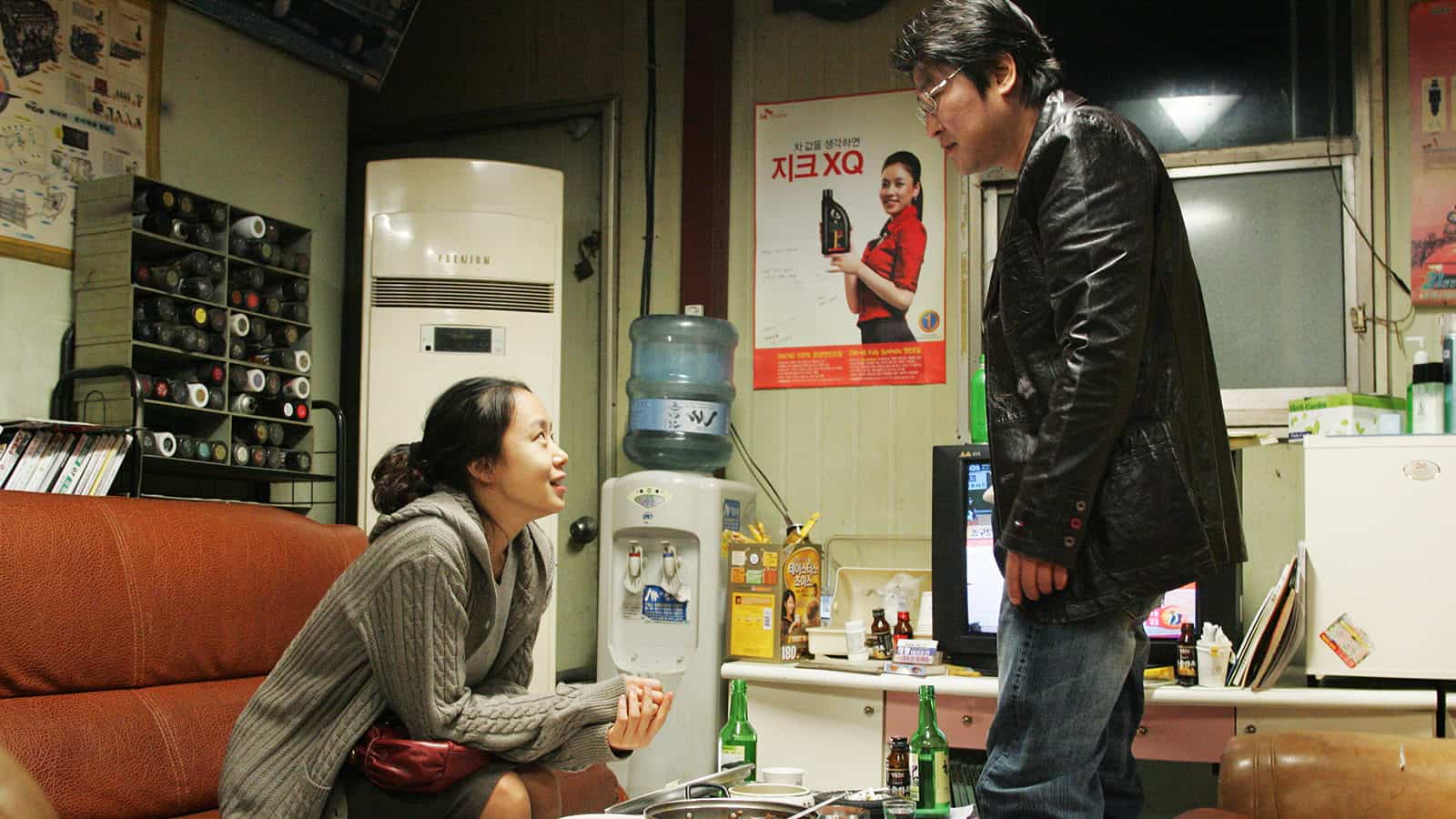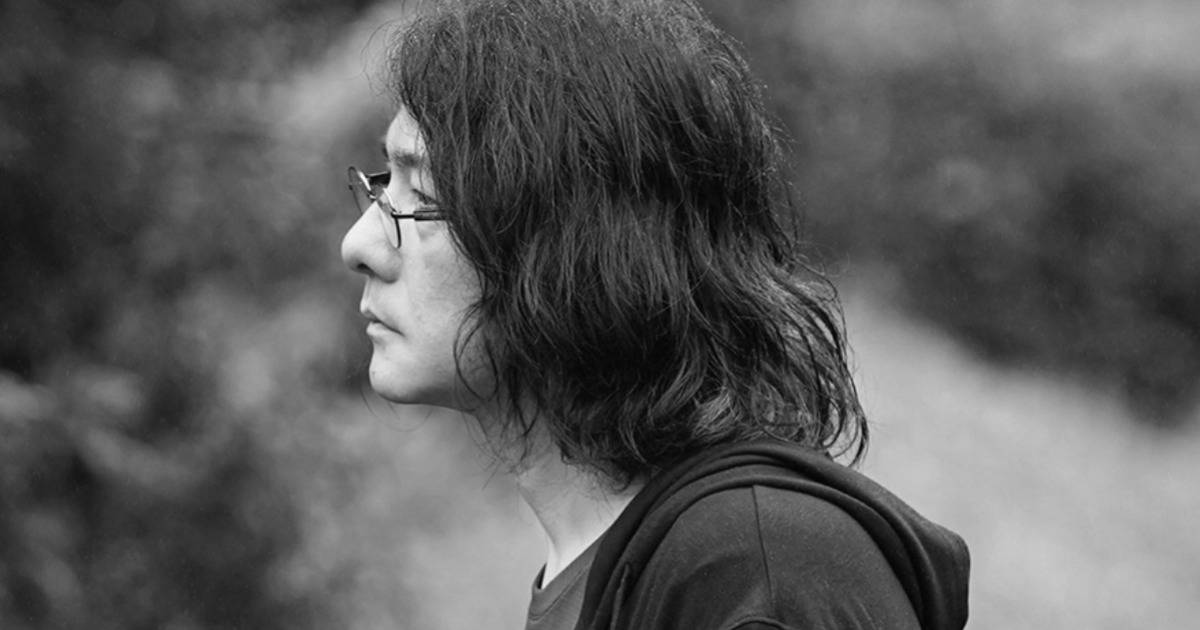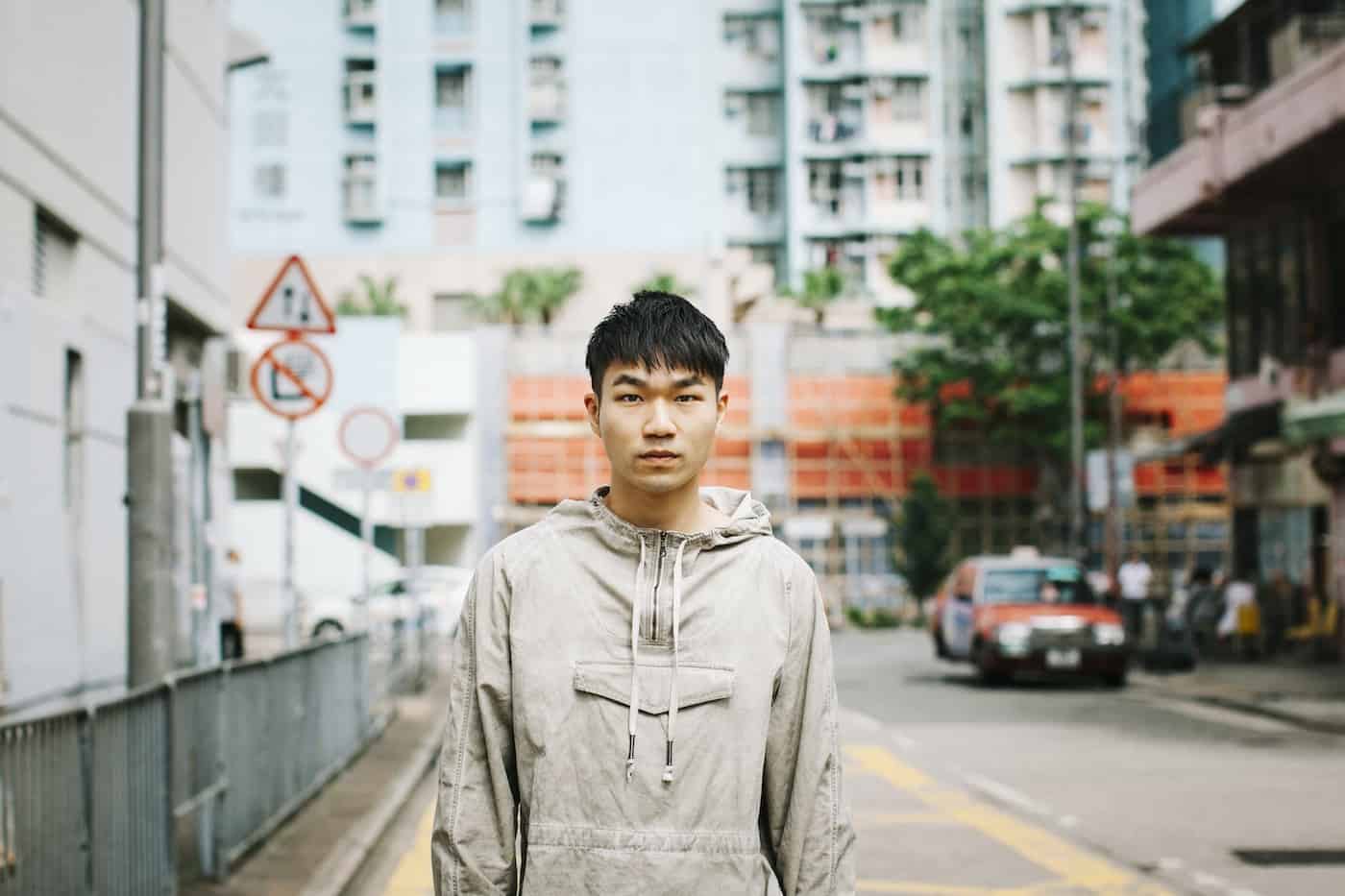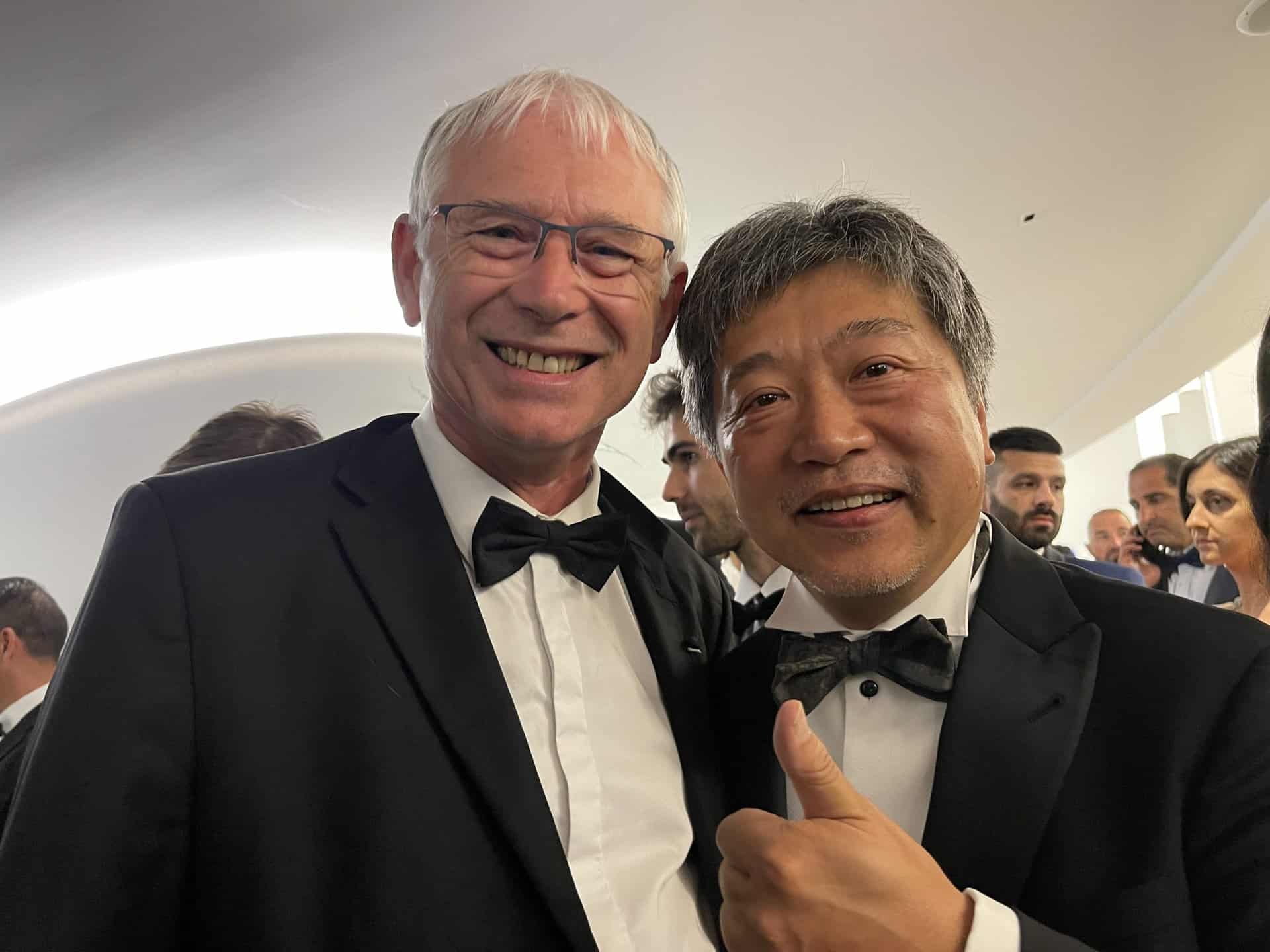
After all this, it was finally time for his next film. Lee Chan-dong said about “Secret Sunshine”: “I went for normality in this film. And I think the nature of the film should be normal. I regret I couldn't find a way to make things even simpler“
“We decided on one thing, which is ‘No long takes for this movie.' Instead, we tried to shoot the same shot from different angles, so we could use them in editing. But then again, that made things way too complicated. So sometimes we just went for long takes again“.
However, according to the rumors, the movie was shot under an extremely tense atmosphere with Song Kang-ho and Jeon Do-yeon almost passing out from exhaustion. When asked about the subject, Lee said: “It wasn't that bad. We didn't particularly do more shooting repeatedly for the same shot than other times. ” . (source: Kim Young-jin, “Lee Chang-dong“, Seoul, Korean Film Council, 2007).
On another interview though, in 2011, Lee stated: “In the case of Jeon Do-yeon in “Secret Sunshine”, she actually hated me during the shooting of the film. I mean she loves me now, after the shooting and the release of the film, but during the shooting she HATED me. Her character in the film hates God so I told her: “Imagine Him to be me, imagine your hate for ME”.. Her hate for me was very useful for the film, for her acting”. (source: http://screenanarchy.com/2011/08/iffr-2011-an-interview-with-lee-chang-dong.html)
Secret Sunshine (2007)
The script is based on the short fiction “The Story of a Bug” by Lee Cheong-joon and revolves around Lee Sin-ae, a woman whose husband recently died instigating her somewhat baseless decision to move to his hometown, Miryang (the literal translation of the town's name is Secret Sunshine) along with her little boy. On their way there, her car breaks down and Kim Jong-chan, a local mechanic comes to her help, with the two of them immediately becoming friends, although he seems to want much more from her. Sin-ae soon manages to adapt to her new environment, as much as her son does, despite some minor incidents of gossip, particularly with the help of Kim, who follows her around like a puppy. Soon though, another tragedy hits her already fate-stricken life, when on a night she is out drinking, her son is abducted. After the shocking events, Lee finds herself completely devastated, joining a local cult after the repeated pleas of a local pharmacist, and trying to fight grief that reaches the borders of madness. All the while, Kim stays by her side.
Lee Chang-dong directs a highly insightful, heart-breaking drama about a woman who finds herself completely unable to control her fate, and subsequently, her life, with devastating consequences. As the director deconstructs her, he makes a point of highlighting the fact that the disasters finding her are not only instigated by fate, as a general concept, but also by her poor decisions. In this manner, Lee avoids the reef of the melodrama, instead presenting a highly realistic drama.
The portrait of a woman that gradually succumbs to madness, not being able to fathom her misery and her responsibility, is definitely the focal point of the film, but is not the only one. Dealing with grief is another one, with Lee highlighting the fact that this is not always possible, particularly when combined with loneliness, which is another state-of-mind that seems to permeate Sin-ae. These two concepts benefit the most by the outstanding performance of Jeon Do-yeon, who presents her deconstruction and the fact that she is not completely logical from the beginning of the story, in the most impressive manner. Lee Chang-dong, as is his usual tactic with his protagonists, demanded a lot from her, having her present a number of psychological statuses and different behaviors, and she delivers to the fullest, anchoring the film in the process.
Another focal point of the film, although on a secondary level, is religion and particularly the concept of the cults, with Lee portraying it with documentary-like realism. The fact the Sin-ae finds some temporary solace in the cult, after some hard proselytizing from the pharmacist who seems to perceive her blights as an opportunity to draw her in, but does not avoid succumbing to madness in the end, presents Lee's comment on the matter, subtly, but rather obviously.
“Secret Sunshine” was, once more, a commercial success, as it sold 1,710,364 tickets nationwide in South Korea and received a number of awards in festivals, including one for Best Actress for Jeon Do-yeon, in Cannes.

Regarding his next film, “Poetry”, Lee Chang-dong came with an idea, after reading about a real-life case where a small town schoolgirl had been raped by a gang of teenage boys. Lee wrote the lead character specifically for Yoon Jung-hee, a major star of Korean cinema from the 1960s and 1970s. Yoon later expressed satisfaction with how the role differed from what she typically played in the past, while Lee said about their cooperation that they had a very good relationship.
Lee says about the movie: “As far as “Secret Sunshine” and “Oasis” go, the stories and themes are more simple and this story is more complex. Before I actually made the film I didn't think of having it complex with many, many themes, but the event in the movie, the actual rape of a young girl by students and her suicide actually happened in real life so I didn't want to show it in a simple way. Many movies do it in that fashion, I didn't want to represent it in the way they do because it's not that type of movie. When I wrote the film, as I was writing it all the elements naturally became part of it, it developed in an organic way.
Poems are about things and occurrences that we don't see visually, it's the needing of beauty and meaning, that's what poetry can be. In a natural way there are many stories that interweave throughout the film, and the film's big scene is not just about the tragic event, but it also meets with what poetry is about, they interweave together.“
Poetry (2009)
Mi-ja is an elderly woman who raises her teenage grandson by herself, since his mother has left him with her and moved to another city. She receives a pension from the state and works as a caregiver for a disabled man, but the money she receives is barely enough. Furthermore, she has to endure the beginnings of Alzheimer's that makes it difficult for her to remember even the simplest things, occasionally. However, she retains her cheerfulness and is almost constantly feisty, and even manages to attend some poetry lessons amidst all her issues. When the body of a dead teenage girl is discovered though, and her grandson, Jong Wook, seems to be involved in a case that is connected to the incident, along with a number of his classmates, she realizes she has to make some hard choices, while she has to raise a significant amount of money if she is to save him.
Lee Chang-dong uses the real-life case as a base but strays much away from it in order to focus on the life of the elderly in the country, and particularly the ones who live in the borders of society mainly because they have not secured a significant pension. In that fashion, we watch Mi-ja trying to survive on her own, almost without any help from the state or relatives for that matter, with the case of her grandson making her life even more difficult.
The generation gap is also presented, with her not being able to understand what her grandson is doing with his life and him treating her like a kind of a maid, with the sole exception of some games of badminton the two have. The first element is depicted quite thoroughly in a scene where Mi-ja is trying to use his computer.
Another comment regards society and the way it perceives justice, with Lee making a point of highlighting the fact that people think that money can make everything go away.
The film could have been a hard-hitting drama, but Lee implements a very different approach, which occasionally borders on comedy, through two axes. The first one is the concept of poetry and particularly the lessons and readings Mi-ja attends, which seems to stray completely away from the main case, but meets it in ingenious fashion during the end of the film. Through this concept, Lee also presents his thoughts on what is poetry and how people receive inspiration.
The second is Mi-ja herself, played with gusto and an almost constant cheerfulness by Yoon Jung-hee, who presents a woman who manages to retain her cheerfulness and smile despite her dire circumstances, in a measured but at the same time impressive performance.
The film won the Best Screenplay Award in Cannes, while Yoon Jung-hee received a number of awards for her performance both locally and internationally.
The article was initially published in Hancinema













